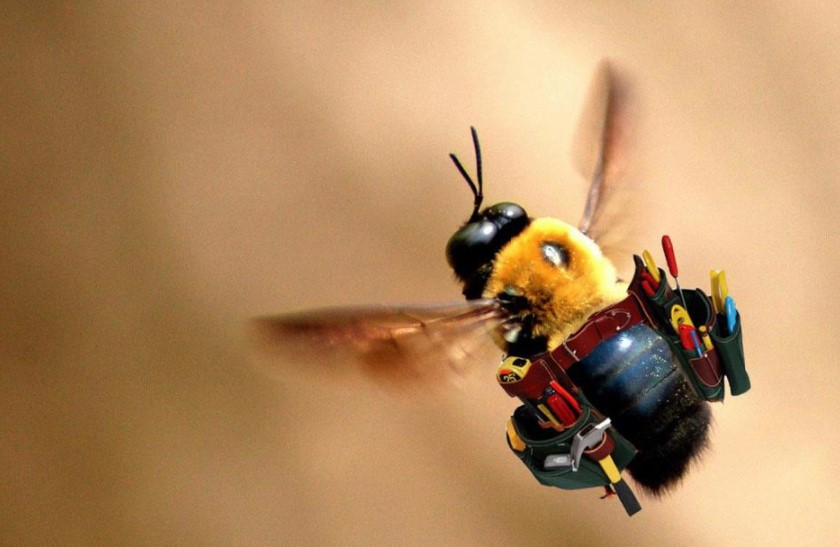

Whilst it’s correct that bee venom has some acidic components, whilst wasp venom has some alkaline constituents, the venom quickly penetrates the tissue once you’ve been stung. The article The Chemical Compositions of Insect Venoms says it so well I will just quote them, “Sadly, this is something of an over-simplification. The first point to note is that wasp venom is NOT acidic. The claim is that since baking soda is alkaline it will neutralize the acidic compounds in the wasp venom. One common cure for the symptoms of a wasp sting is the application of baking soda. Baking Soda – Will it Reduce Symptoms of a Wasp Sting? The normal reaction of swelling and pain is not an allergic reaction and most people will experience these symptoms from both bee and wasp stings. The venom from bee stings and wasp stings are quite different and “the vast majority of people that are allergic, are allergic to either wasp or bee but not both.” (ref 2). I wonder if gardeners are stung more often? People Allergic to Wasp Stings are also Allergic to Bee Stings The average person is stung 2-3 times in their lifetime.

Death, due to anaphylaxis, is fairly rare. The human body causes the swelling, reddening, itching and pain after a sting (ref 2).Ī small percentage of people have severe reactions, which can be fatal. The symptoms you see and feel when you get stung are the result of your own body defenses. It is a myth that the venom hurts and causes swelling. When a wasp stings it injects venom into your skin. If you know of others please post a comment and tell us about them. This list of wasp myths are the ones that I was able to find.


 0 kommentar(er)
0 kommentar(er)
